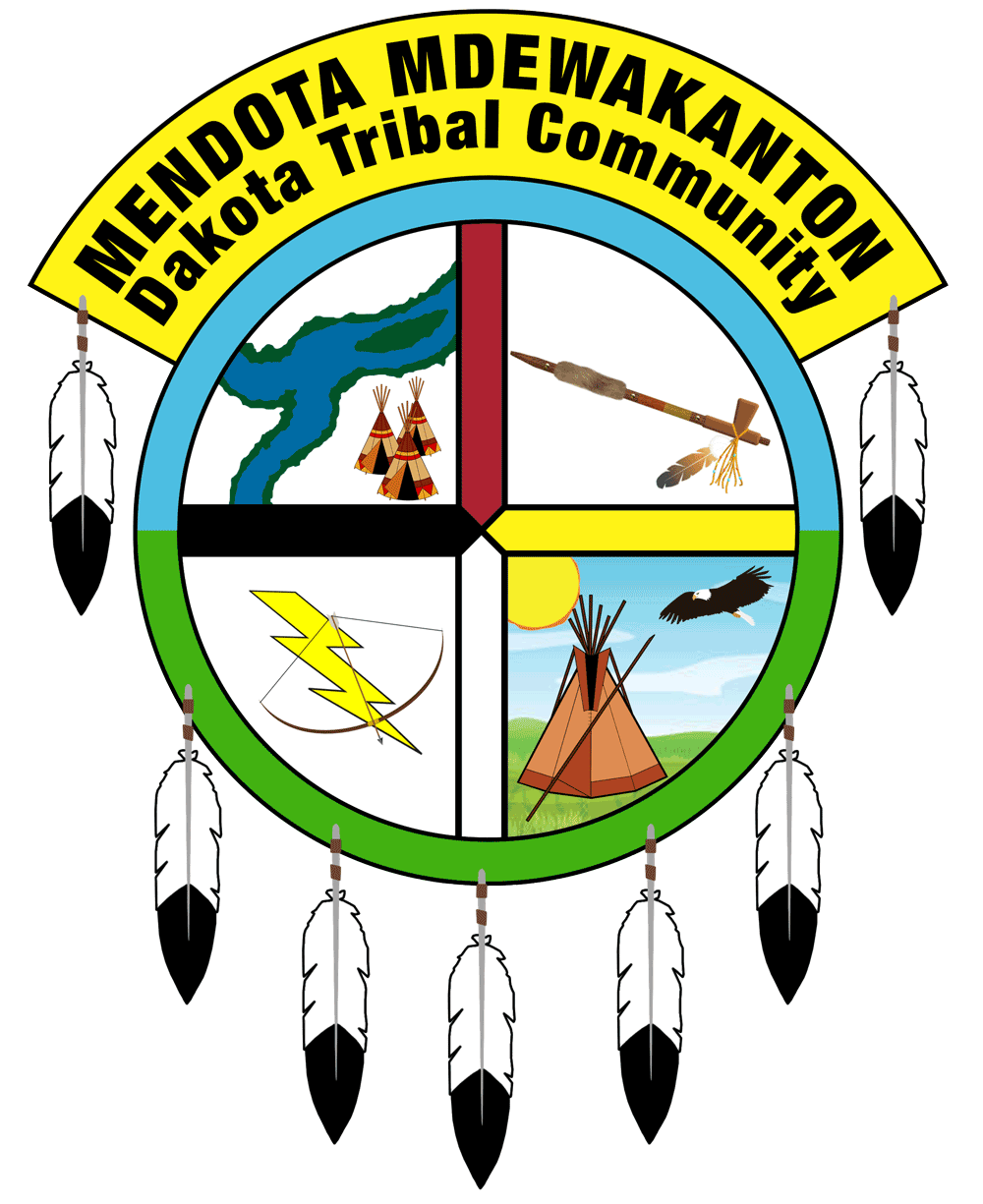by RoNeisha Mullen | The Flint Journal
Thursday February 21, 2008, 4:21 PM
FLINT TWP. — Local Native American education programs are seeing declining numbers, a sad statement on families rejecting their heritage, some educators say.
“For so long, Native Americans had been taught to deny their culture because they’d be tormented,” said Jean Keen, a Native American specialist with the Carman-Ainsworth/Westwood Heights program.
“Now, we’re having a hard time getting them to embrace it. They don’t understand the point. Schools spend a lot of time chasing families they know are eligible.”
Such local programs are trying to find more students but that can be difficult in the face of the cultural apathy, not to mention declining Native American numbers.
“A lot of our students don’t know that they are of Native American heritage,” said Sue Diebel, a Carman-Ainsworth teacher who’s part of an advisory group over the program. “Tribes are becoming extinct because the older people are dying and the young people don’t know their culture.”
At least six districts in Genesee County have federally funded Native American education programs, offering free tutoring, after-school activities that focus on culture and awareness, and summer day camp.
The Carman-Ainsworth/Westwood program expects to see a drop of 30 students next school year, from about 525 to 495. That means a loss in cash for the program, which receives about $250 per student.
Keen is looking to reduce the $132,973 annual budget by $7,000.
In order to enroll, parents of students must verify their Indian heritage and youngsters must identify their tribe and family background.
According to the 2000 census, 6,870 people in Genesee County define themselves as at least part Native American. Flint Township was home to 556 of them.
Enrollment also is dropping for the Flint School District’s Native American program, but not necessarily over cultural issues, one official says.
“People are leaving public schools,” said Veda Balla, program officer of Indian Education for Flint. “Also, people of mixed ancestry are only reporting one race, which means we don’t know that they’re Native American because they didn’t report it.”
Balla who’s been with the district since 1992, said she’s had as many as 700 students enrolled in the program at one time. This year there are 311 and next year only 226 are expected.
Balla said she’s pretty good at scaling back, but “worse-case scenario I’d cut my own hours to save money.”
Proponents say those kind of reductions are too bad, given the obvious benefits of the program and one-on-one time that students get.
Antoinette Aubrey, parent member and chairwoman of the Carman/Westwood program, has three children in Westwood, including two in special education. Aubrey said the program helps her children academically.
“If you read something to him, he doesn’t comprehend it,” Aubrey said of her son who attends McMonagle Elementary.
“But if you put it in front of him and show it to him, he understands it better. He’s almost up to his grade because through the tutoring and this program, he gets the help he needs.”
Diebel said the after-school cultural programs can only introduce heritage, not teach it. She said parents should teach their children to embrace their culture.
“If you have even one drop of Native American blood take pride in that because those are the people who were here first,” Diebel said. “You are the ones who can keep what is left of your tribe alive.”
